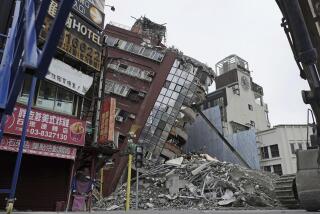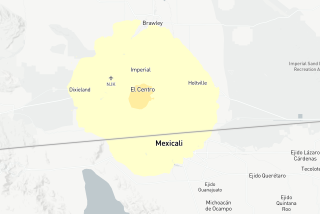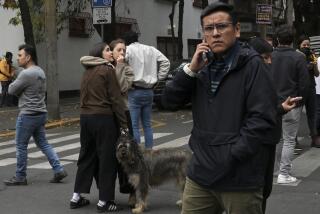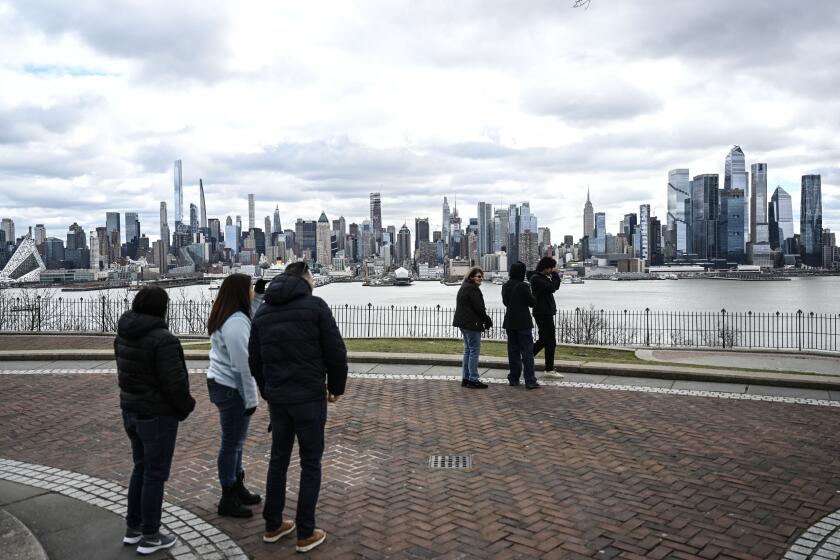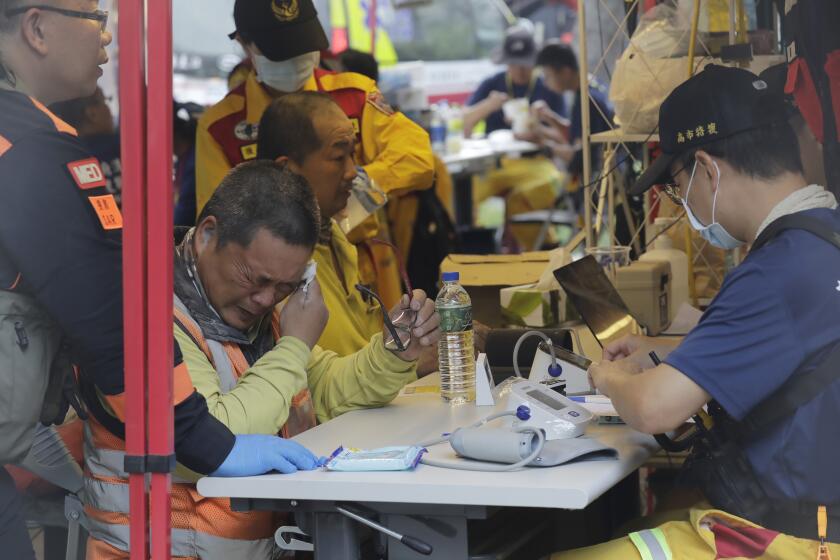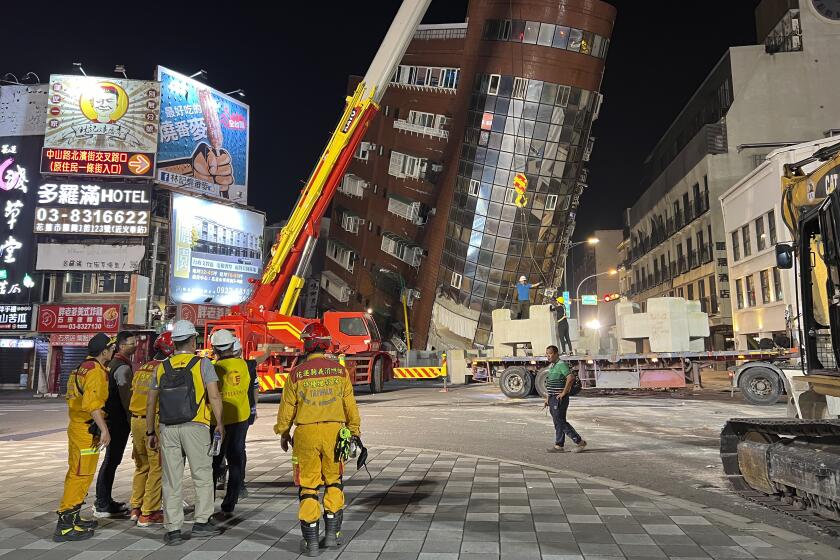Earthquake hits near Greek capital of Athens; panicked residents flee into streets
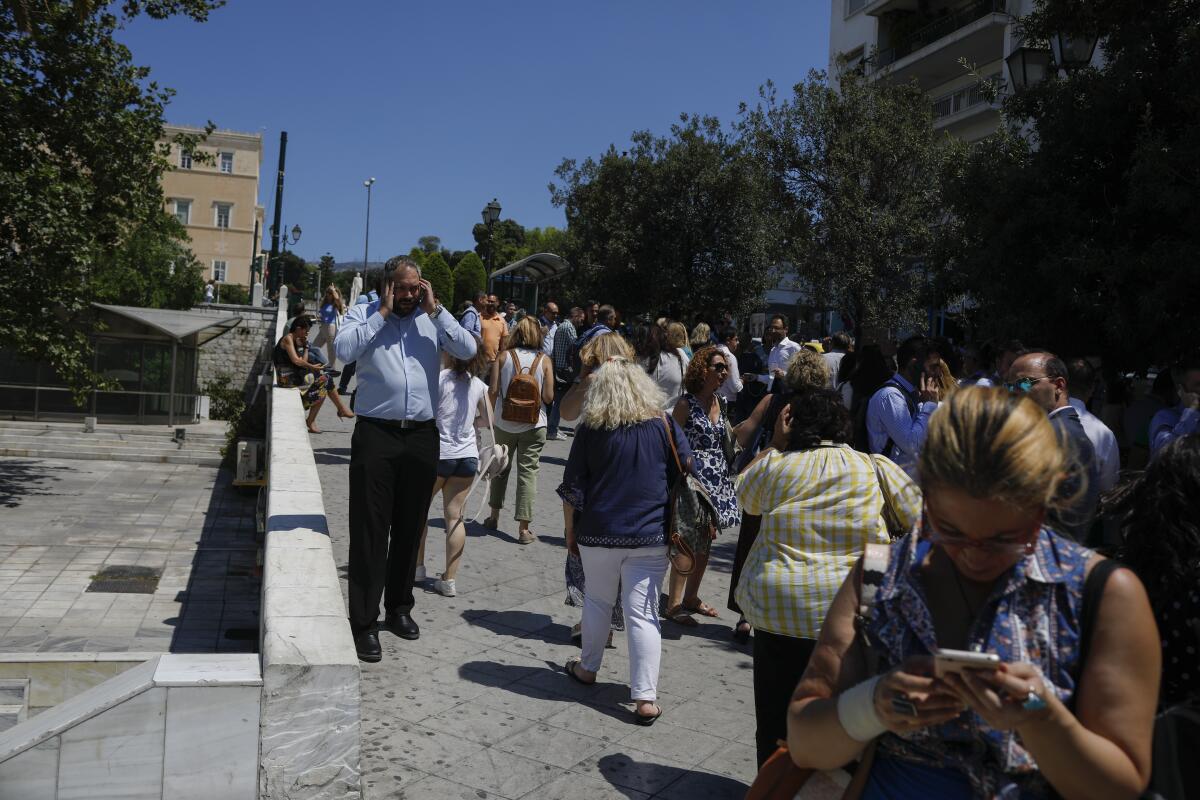
An earthquake centered northwest of Athens shook Greece on Friday, causing frightened residents to run into the capital’s streets and damaging several buildings. Authorities said four people were hospitalized with injuries, none of them serious.
The Athens Institute of Geodynamics gave the earthquake a preliminary magnitude of 5.1, but the U.S. Geological Survey gave it a preliminary magnitude of 5.3. The Athens Institute says the quake struck at 2:13 p.m. local time about 13.7 miles north of Athens.
Firefighters checked for people trapped in elevators amid power outages after the brief but jolting quake.
In central Athens, the Acropolis Museum was evacuated and closed for the rest of the day as a precaution, but the city’s ancient monuments remained open.
Police patrols and helicopters were deployed to inspect areas close to the earthquake’s epicenter near the town of Magoula. The patrols were scheduled to continue overnight as many local residents were expected to sleep outdoors waiting for aftershocks to subside.
Government spokesman Stelios Petsas said that one abandoned building had collapsed in a western district of Athens and that several other abandoned buildings had sustained serious damage in other parts of the city.
“There are no reports of serious injuries ... I urge members of the public to remain calm. In Greece we are well acquainted with earthquakes,” he said.
The quake sparked limited power cuts and communication problems around Athens, and the fire brigade reported receiving calls about people being trapped in elevators. The shock was caught live in the studios of state broadcaster ERT.
The most powerful quake to hit the Greek capital in the last 20 years came in 1999, when a temblor of magnitude 6.0 caused extensive damage and killed more than 140 people.
Gerasimos Papadopoulos, the senior seismologist at the Geodynamics Institute, said Friday’s quake was felt across southern Greece.
“It had a very shallow depth, and that’s why it was felt so strongly,” he said. “It is too early to say whether this was the main earthquake, but there have been aftershocks of magnitude 3.5, 2.5 and 3.2, and that is encouraging. But we need more time and data to have a clear picture.”
More to Read
Start your day right
Sign up for Essential California for news, features and recommendations from the L.A. Times and beyond in your inbox six days a week.
You may occasionally receive promotional content from the Los Angeles Times.
